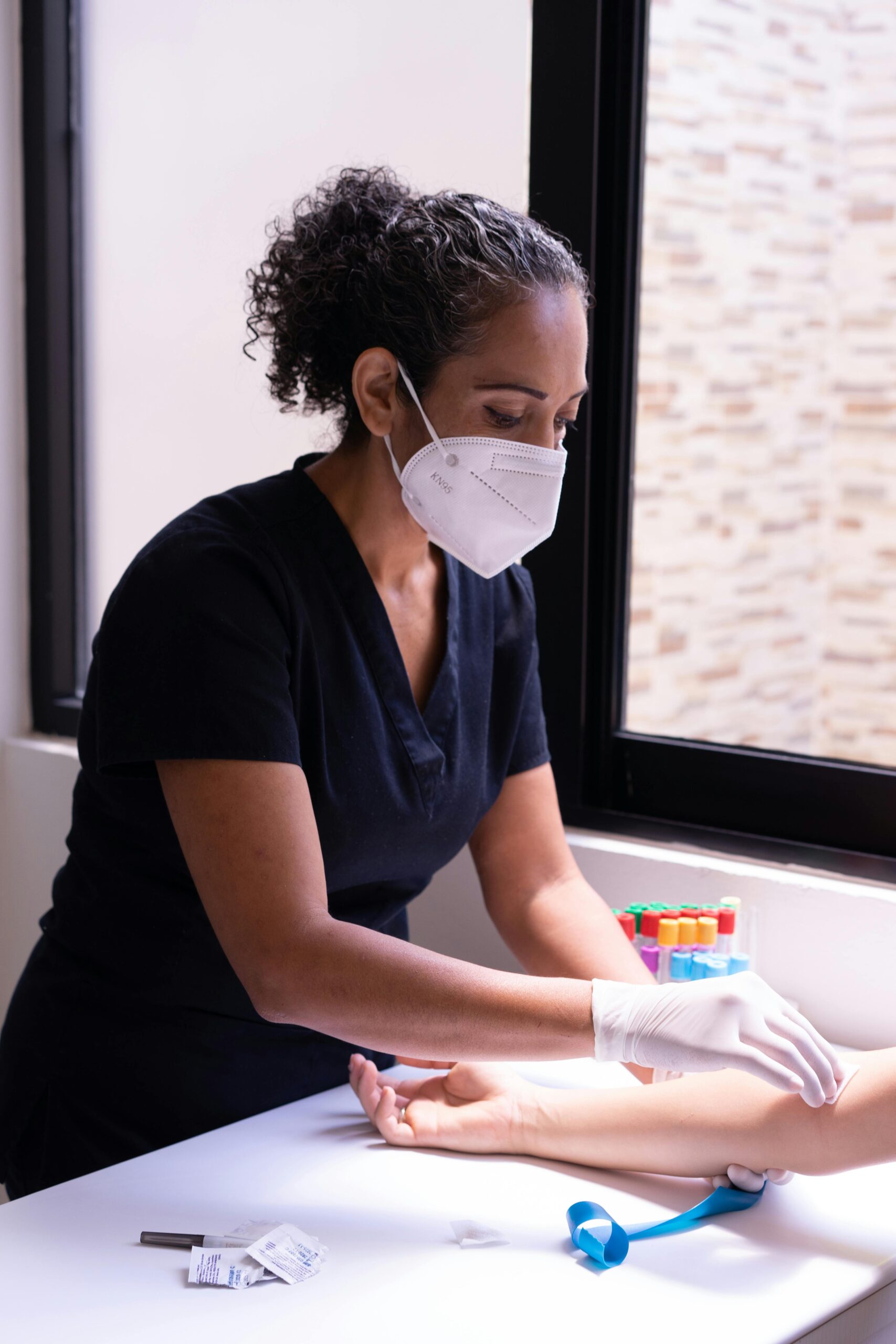Your Body Tests Are Decides Your Health & You Can Trust.
Body tests, or health assessments, are important for understanding a person’s overall health, finding potential health issues early, and preventing serious conditions. These tests usually check key indicators like blood pressure, cholesterol levels, glucose, and body composition, offering useful insights into how different organs and systems are working.
About Us
Welcome to our platform—your reliable source for expert insights into medical testing and diagnostics.
I’m Jyoti Sharma, a certified medical professional with a Diploma in Medical Laboratory Technology (DMLT) and a B.Sc. in Medical Laboratory Technology (B.Sc. MLT). With over 18 years of experience as a lab technician, I’ve developed in-depth expertise in conducting and managing a wide range of medical tests with a strong focus on accuracy, reliability, and zero-error procedures.
Throughout my career, I’ve been deeply involved in every stage of the diagnostic process—from sample collection to detailed analysis—ensuring the highest standards of precision in laboratory work. My experience has taught me the critical importance of each test, and the role it plays in a patient’s diagnosis and treatment.
Now, through this blog, I aim to share my knowledge and practical insights gained over nearly two decades in the lab. Here, you’ll find informative, experience-based content on various medical tests, their purposes, procedures, and what the results mean. Whether you’re a healthcare student, a medical professional, or simply someone interested in understanding lab reports better, this blog is here to help.
Thank you for visiting—and I look forward to helping you understand the science behind the tests.
Types of Human Body Tests
Blood Work
Red and white blood cells (for anemia or infection)
Blood sugar (for diabetes)
Cholesterol levels (for heart health)
Electrolytes and enzymes (for organ function)
Doctors use blood tests to detect diseases, monitor treatments, and assess how organs like your liver, kidneys, and heart are working.
Urine & Stool Analysis
Urinalysis (urine test): Examines urine to check for signs of diseases or conditions such as infections, kidney problems, diabetes, or dehydration. It can detect substances like glucose, proteins, blood, or bacteria.
Stool test (fecal test): Analyzes a stool sample to diagnose issues in the digestive tract, such as infections, inflammation, bleeding, or cancers. It may look for blood, parasites, bacteria, or abnormal fat levels.
Imaging Scans
X-rays – show bones and some tissues.
CT scans – detailed cross-sectional images.
MRI – detailed images using magnets and radio waves.
Ultrasound – uses sound waves to view organs and soft tissues.
They help detect issues like fractures, tumors, infections, or organ problems.
Physical Examinations
A physical examination is a routine process where a healthcare provider inspects, palpates, percusses, and auscultates a patient’s body to assess overall health or investigate specific symptoms.
It usually includes checking vital signs (like heart rate, temperature, and blood pressure), examining major body systems (such as heart, lungs, abdomen), and may involve specialized tests depending on the patient's condition.
Blog
- Type of Human Body Test
- Hematology Tests(CBC, ESR, BT, CT, PBF)
- Biochemistry Blood Tests (Glucose, BMP, LFT & Kidney Function)
Lipid Profile Test: Understanding Cholesterol and Cardiovascular Risk
Endocrinology Tests: Understanding TSH, T3/T4, Insulin, and Cortisol
- Immunology and Serology Tests: Understanding HIV, Hepatitis, CRP, and ANA
- Coagulation Tests: PT, aPTT, and INR Explained
- Tumor Markers: PSA, CA-125, and AFP Explained
- Genetic and Molecular Tests: Understanding BRCA1/2, PCR, and NIPT
More
- Operational Areas
- Test Category
- Career
- Job Postings


